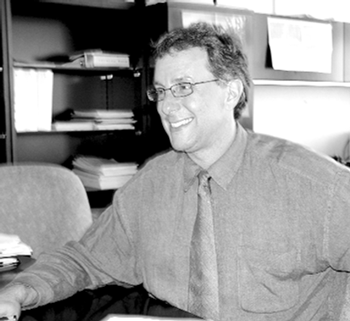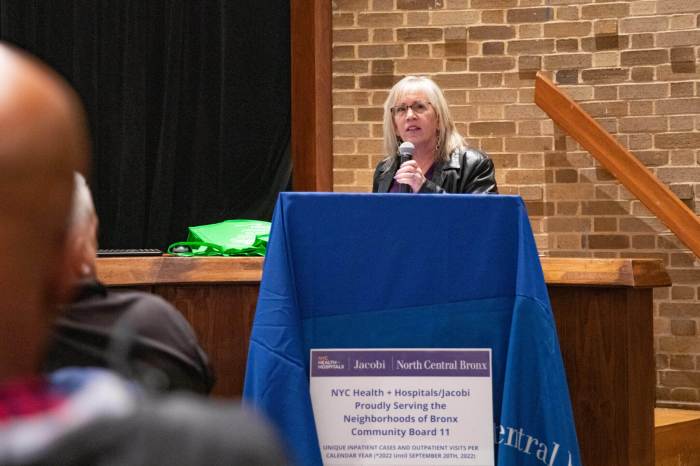Officials insist that investigation is still underway of HIV supervirus
The city health department is knocking down a New York Post story that quoted a senior department official saying that a New York City man who was infected with virulent, multidrug-resistant HIV was “an isolated case.”
The Post quoted Dr. Scott E. Kellerman, the assistant commissioner for HIV/AIDS services, in a June 16 story saying, “No patients with identical strains have been identified by the big labs in our attempts to find out whether this was more widespread but the investigation is ongoing. It suggests that this might be an isolated case.”
The department announced the case on February 11 of a gay man, in his 40s, who was infected with HIV who was resistant to many anti-HIV drugs and had rapidly progressed to AIDS. It drew widespread and, at times, sensational media coverage. Some scientists and activists were very critical of the department’s decision to go public. As more information has come out about the case, it has grown less compelling culminating with Kellerman’s comments in the Post.
“This could have been very bad, but our worst fears haven’t been realized,” Kellerman said in the Post. “We’re never going to really know for sure if this is a severe case of primary infection or whether this represented something brand new or something completely different.”
But in a June 20 interview, Dr. Lucia V. Torian, director of the HIV surveillance and epidemiology program at the city health department, said the investigation was not close to finished.
“We’re still in the laboratory phase of it,” she said. “We are genetically typing a number of specimens… We are beginning to look at wrapping that up in a number of weeks.”
Citing state and city laws, the health department required 39 testing labs across the country to report any cases of multi-drug-resistant HIV they tested that matched or were similar to the virus that infected the New York City gay man. That order included any cases found between June 1, 2004 and June 30, 2005.
“Our plan was if anybody, anywhere, had the same resistance pattern we would contact the doctor wherever he was and learn how the person was doing,” Torian said. “We got a few hits on the labs… We succeeded in getting blood from the majority of them.”’
Torian would not elaborate on any information the health department has received from the labs contacted.
She said the word “isolated” was not used by Kellerman and she disputed the use of the word “downgrades” which appeared in the story headline “New York AIDS honcho downgrades ‘superstrain’” as inaccurate.
“Neither of those terms was used and the issue is not closed,” she said. “The case investigation is not over with.”
The health department has identified and interviewed a number of sex partners of the New York City man. The Post wrote that 14 partners had been investigated, but referring to that Torian would only say, “It’s in the neighborhood.”
Many of the man’s sex partners were already infected with HIV and had progressed to an AIDS diagnosis.
“What we were looking for were similar resistance patterns and a similar clinical course,” Torian said.
The labs are required to continue reporting on drug resistance in HIV to the department.
“What it will allow us to do, which I think will be quite valuable, will be to follow the prevalence and incidence of certain mutations over time,” Torian said. “This will allow us to see if this becomes more common over time.”
gaycitynews.com


































